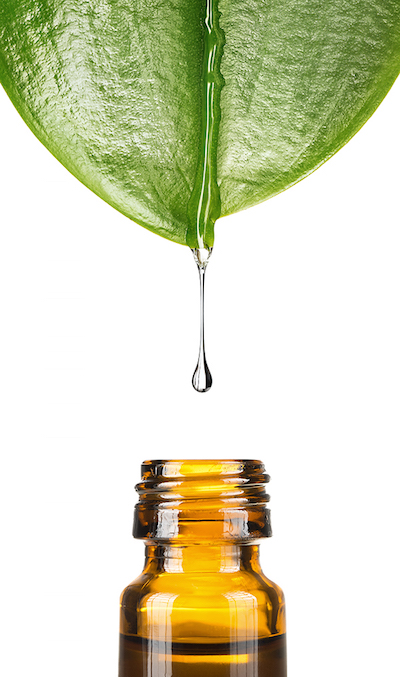Essential oils for children
You may have heard of a new trend popping up in the parenting community: using essential oils to treat a variety of illnesses or to promote general good health in children.
What are essential oils?
Essential oils are concentrated plant extracts. They are used in a variety of ways- diffused throughout the air as aromatherapy, placed on the skin, or taken orally as a dietary supplement. Most of us are familiar with the common practice of using various scented items to create a spa-like atmosphere for relaxation, but essential oils are now being marketed to treat a host of physical and emotional problems as well.If you diffuse your bedroom with the scents of bergamot and cypress oils while you sleep, will you breathe better throughout the night? Can peppermint and frankincense help keep my baby healthy? If I massage ginger and rosemary oils onto my child’s feet, will his constipation resolve? How about croup? Colic? Flu? Ear infections? There are recipes for those, too.
Do they work?
Companies who sell these products promise an array of health benefits. They want you to believe that if you find just the right concoction, you’ll be able to cure your family of asthma, sinus problems, depression and anxiety, protect yourself from viruses and cleanse your home of various pests. If these claims sound too good to be true, it’s because they are. As a pharmacist, I’m well aware of the healing powers of plants. In fact, the active ingredients of many medicines have been derived from plants. Digoxin, a medicine often used in heart failure comes from foxglove. Quinine, a treatment for malaria, originally came from the cinchona tree. Scientists have discovered many uses for naturally occurring substances, and they have helped millions of people.
As a pharmacist, I’m well aware of the healing powers of plants. In fact, the active ingredients of many medicines have been derived from plants. Digoxin, a medicine often used in heart failure comes from foxglove. Quinine, a treatment for malaria, originally came from the cinchona tree. Scientists have discovered many uses for naturally occurring substances, and they have helped millions of people.
In order for them to be helpful, though, we have to know how to use them. We learn how to use them by studying their effects on the human body. We study thousands of patients to see what happens when a person takes a medication. Does it help their condition? Does it cause any side effects? Did they experience any serious or long-term health problems that can be attributed to that medication?
It’s not enough to believe in a magical, mystical healing power. Decisions about medical treatment have to involve more than feelings; they have to rely on facts. The problem with treating yourself or your children with essential oils is that there are no facts to support this decision-making. Essential oils have not been proven to be effective, nor have they been proven to be safe for use in adults or children.
Are they safer than traditional medicine?
All of us would like to believe that we can rid ourselves and our families of all of the harmful things we don’t want while not experiencing any side effects or problems from the treatment. Problem is, that just isn’t the world we live in.The “natural is better” line is great marketing. I’ll give you that. However, it just isn’t based in science. All naturally-occurring substances aren’t inherently better and safer than all synthetic ones. That’s like saying that all girls are smarter than boys. It’s a huge generalization, and it’s not that simple. We have to look at each substance individually and determine how it affects the body, and we don’t have that kind of information on essential oils.
Should I use them on my children?
When my child is sick, I want to know exactly how to help them. I want to ease their pain and suffering the best I can, and I always want to know that what I am giving them isn’t harmful. I want to make an informed, responsible choice.That simply isn’t possible with essential oils. There are a million unknowns, and it just isn’t worth the risk.







